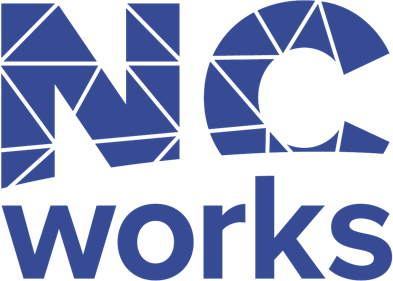While the words job and career seem like they are describing similar terms, there are important differences between the two. Knowing the difference between them and planning your future with a career-oriented mindset can help build a better future for you and your family.
What’s The Difference?
A job is something you do to earn money. It could be a short-term situation or an occupation you have for the time being which may or may not be a part of your future goals. Jobs make up careers, which is defined as a long-term strategy. To build a career, you take jobs to gain experience and move you forward to a particular goal. Careers can run through a company, industry, an occupation, or any combination of the three.
Why Does This Matter?
When deciding which jobs to apply for and accept, it is best to approach it with a long term, career-oriented mindset. Instead of taking any entry level job that is offered to you, you should apply for jobs which help build toward a goal career. Pursuing a career rather than jumping from job to job can make you happier, as careers can align with worker’s interests. Careers can also help you earn more money in the long run, as building on experience and working your way up a career ladder will allow you to progress further than taking several unrelated jobs.
Adopt a Career-Oriented Mindset
There are two ways to think about building a career, start with the beginning in mind or start with the ending in mind. Starting at the beginning means that you start with your current job, or you know what you want to be your first job, and the identify another job that will advance you in a career. The Next Step tool on NCcareers.org can help you identify occupations that are advancements from your current job. A user can find advancements for multiple jobs using the tool and ultimately create a potential career path.
Starting from the end means that you identify a job that is out of your reach at this point. Maybe it requires more education or experience than you currently have, but you now have a goal, and you can determine what steps, i.e. jobs and/or educational opportunities, you should pursue to give you the experience and education needed to achieve it. NCcareers.org’s First Step tool can help you identify jobs that are one step below your desired job. A user can use the First Step tool to create a potential career path.
Things to Remember:
- Think a step ahead - When pursuing a job consider how it fits into your long-term plan. Will there be opportunities for advancement? Will it give you the opportunity to try out an occupation and help you decide whether you would want to do this for a career?
- You are never too old to learn something new - Your ideal career pathway may require you to pursue additional education, which may be costly. Take advantage of any professional development opportunities that are offered. This is a win-win scenario where you receive training to help you gain new skills and advance and your employer has an employee they know will be an asset in the future.
- Do your research - Another way to better understand the experience and qualifications required for your desired job is to read current job listings in your area. This gives you a good idea of what experience, education, and skills are required to achieve your goals. With this knowledge, you can start to develop these skills and will be well prepared once you meet the qualifications.
- Find a mentor - Once you’ve discovered your career goals, finding a mentor to offer guidance and keep you on track can be helpful. You can reach out to someone you already know in this career, someone you’ve met on LinkedIn or social media, or could even email a local firm or employer in the area.
- Be Flexible - Life happens! Sometimes unexpected opportunities or challenges arise that were not a part of your career plan. When these things happen, be sure to research and see how you can capitalize on them.


